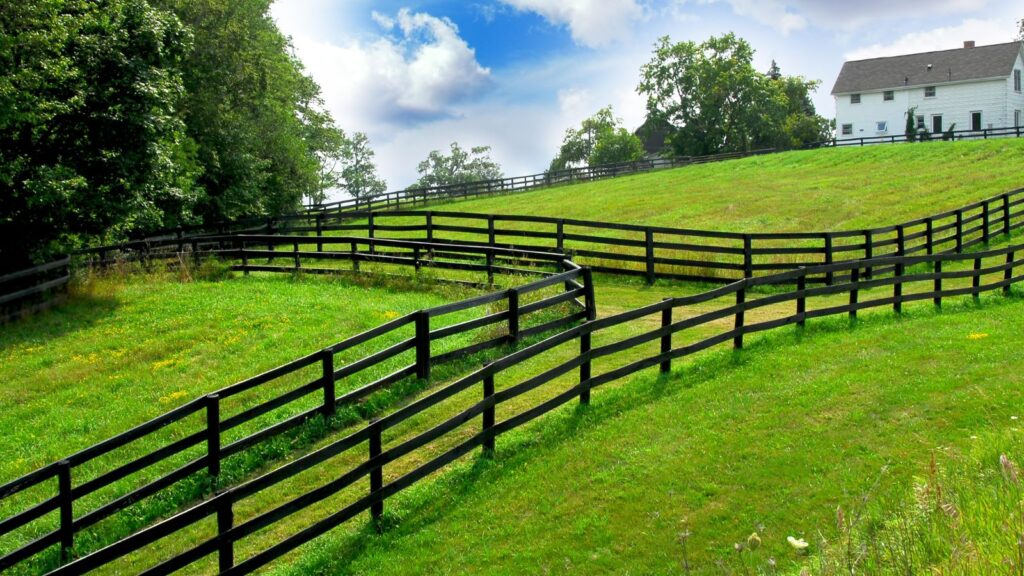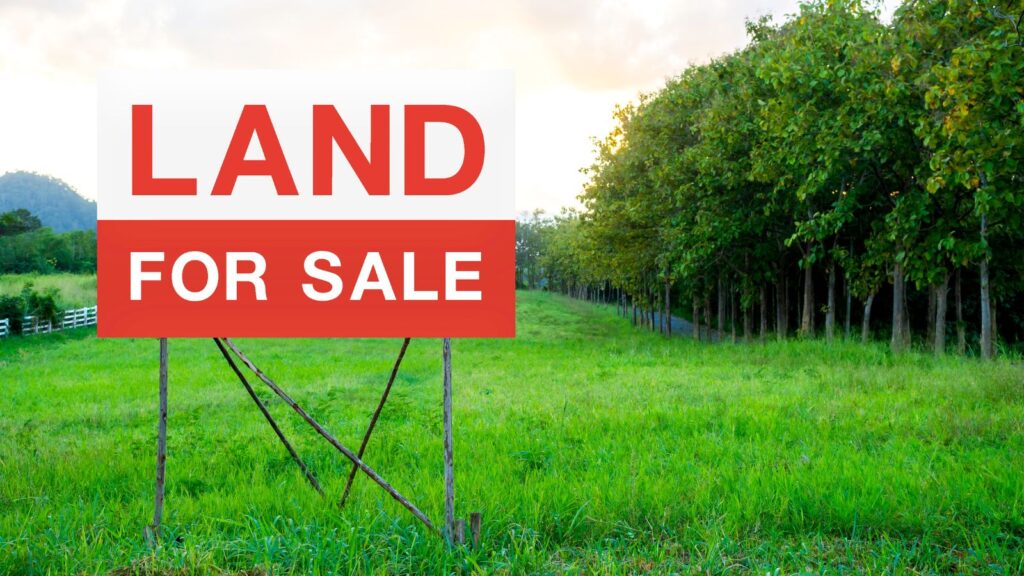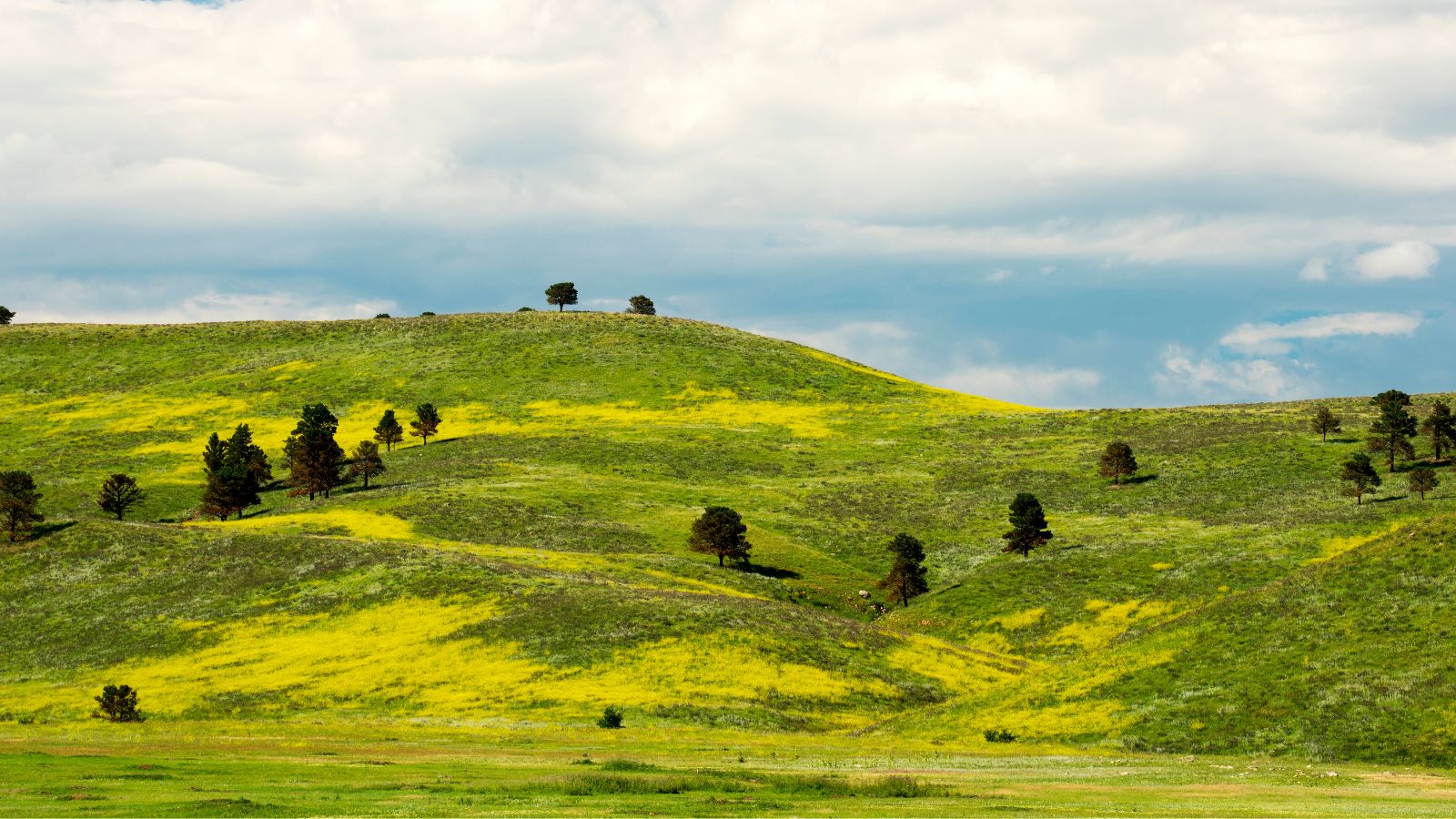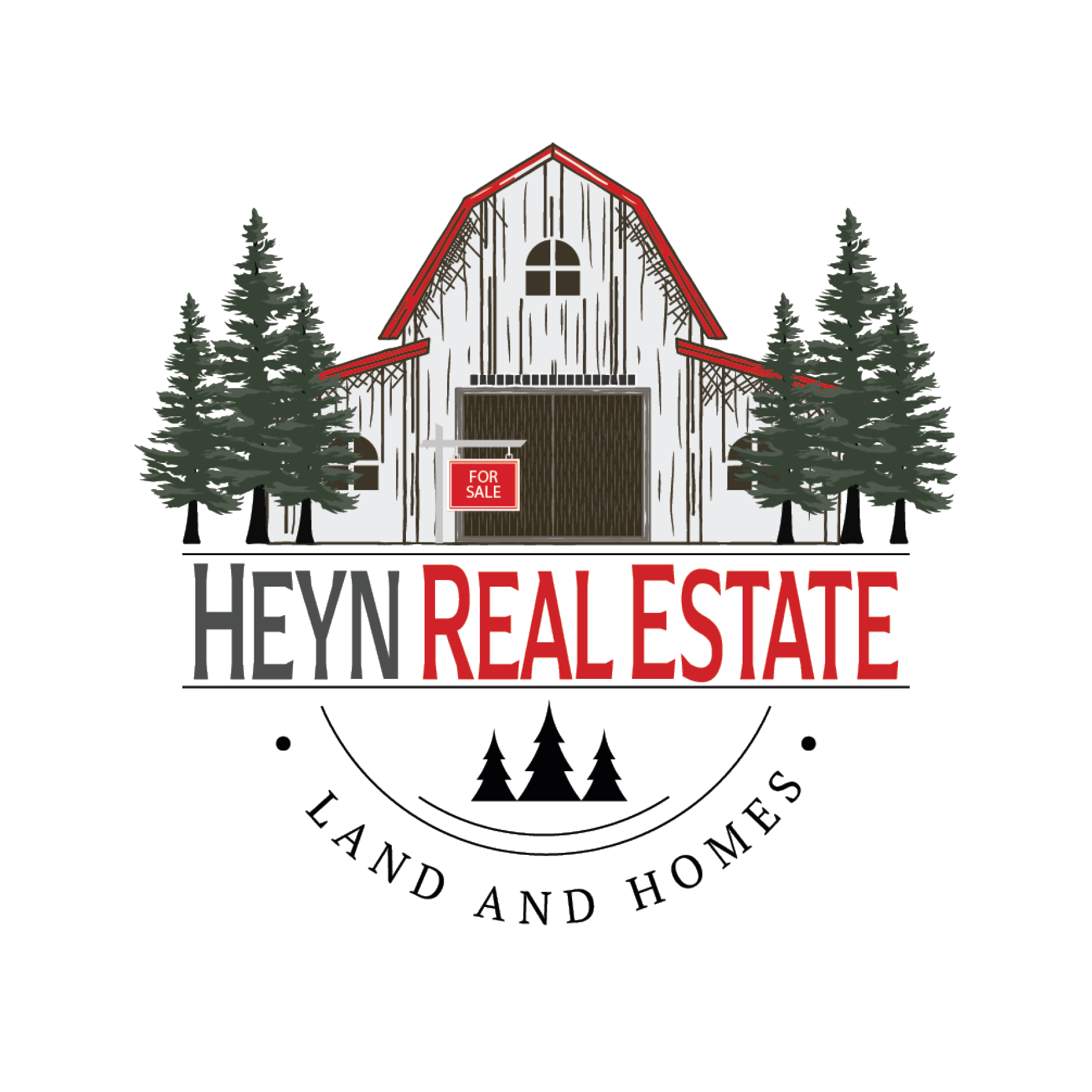Owning your own block of land is a dream of numerous Americans. It is a significant investment and the first step to building your own ranch, dream home, or maybe something else. However, finding the right plot comes with many considerations. It isn’t a decision you should make lightly, without research, a detailed checklist, due diligence, and most importantly, a professional real estate agent. Consider these 6 factors when determining what land to buy.
A plot of land can turn into a labyrinth of paperwork and legal fees or a money pit, depending on how you choose to go on the land-buying journey. While navigating these waters might seem intimidating, having the guidance of a professional will give your peace of mind. Here’s what you should look for before signing the deed on your new property.
1. Zoning Restrictions
It is essential that you know the zoning permits of the area you plan to buy the land. It will help you understand what the exact plan for that area is.

For instance, you will not be allowed to build a factory on land that the government has already marked for residential buildings. You should be aware of the exact information so you won’t have any issues in the future.
In case the area is for residential building, there are chances that the kind of building permitted for the area is different. Building a skyscraper where the zoning allows building a bungalow will only lead you to problems in the future.
2. Location
Next, let’s talk location. Location is the number one factor you should consider when buying land. In fact, this acts as a foundation for other things you need to check as well. For instance, the location will determine the value of the land in the future because a piece of land in a developed area will cost more than a piece of property in an underdeveloped or developing area.
Additionally, you should also check whether the location where you are buying the land is fast attracting development. On the other hand, maybe you desire a property with no one around for miles.
Here are a few tips about location worth keeping in mind:
- If you are looking to invest, don’t buy land with no resale value.
- If you plan to start a business, don’t buy land that’s far away from the potential customer base.
- If you are looking to build a house, don’t buy land you can’t build on.

3. Utility Access
What companies can connect your electrical, gas, and water? How much do they cost, and does competition exist?
The rates for different utilities and services depend on where your land is located. So, take your time sourcing information about the companies that provide your utilities and their services. Reach out to the service providers via phone and ask for quotes. Additionally, consider seeking help from locals in the area about their satisfaction with the local utilities.
Lastly, you should also look into Wi-Fi and electricity. A few large tracts of land have a dead zone with no electricity or Wi-Fi. Ask about this beforehand. Sometimes, even if your land has access to power lines, you might not be able to use power.
4. Orientation
Orientation is one of the critical joys of buying land and building your own office building or home. You can take advantage of the ‘north-facing aspect’ and make use of the available sunlight throughout the year. This will also help minimize the impact of direct sunlight and the ‘greenhouse effect’ to avoid overheating in summer.

Now when it comes to buying land, you should consider any existing roads, easements, driveways, and the distance of other structures, both potential and existing. For instance, when given a choice of two stunning views, you should make use of the one that won’t end up looking into the neighbor’s fence after a few years.
5. Climate
Yearly temperature highs and lows, rainfall, and seasonal changes are vital factors you should consider when determining what land to buy. Climate can affect various aspects of your life, such as:
- The way you insulate your home
- The vegetables and plants you can grow
- Potential for frost, drought, and other extreme weather conditions
- The right type of kit home for your block of land
- The amount of energy you can expect to use
- And the health conditions like asthma that are affected by temperature.
While you won’t be able to have it all, knowing the local area’s climate will help you make a more informed decision.
6. Find the Right Block of Land
When looking to purchase a block of land, it is always a good idea to look for something that has a good building opportunity. For instance, if the property you have your eyes on is a sloping site, you will have to factor in additional excavation costs and foundation works.

Furthermore, it is wise to carry out a Geotechnical Investigation to determine the ground classification. For example, if rock, then the cost for a rock breaker to do the excavation will be on an hourly rate and could result in a huge amount. There are several online resources to narrow down your search, such as Land Broker MLS, and of course Heyn Real Estate is here to help.
As you can see there are many factors to consider when determining what land to buy.
While this is a good start, there are several others. This is where hiring a professional real estate agent comes in to play. Furthermore, you do not want to just pick any agent. You will want to work with someone who specializes in land transactions. Land sales are in an entire different category than residential home buying. In order to make the process as smooth and quick as possible, choosing a real estate agent who specializes in land will greatly benefit you as you work together to find a property that suits you.
Have Questions? Ask Heyn Real Estate
Providing you with superior customer service and an enjoyable real estate experience.



